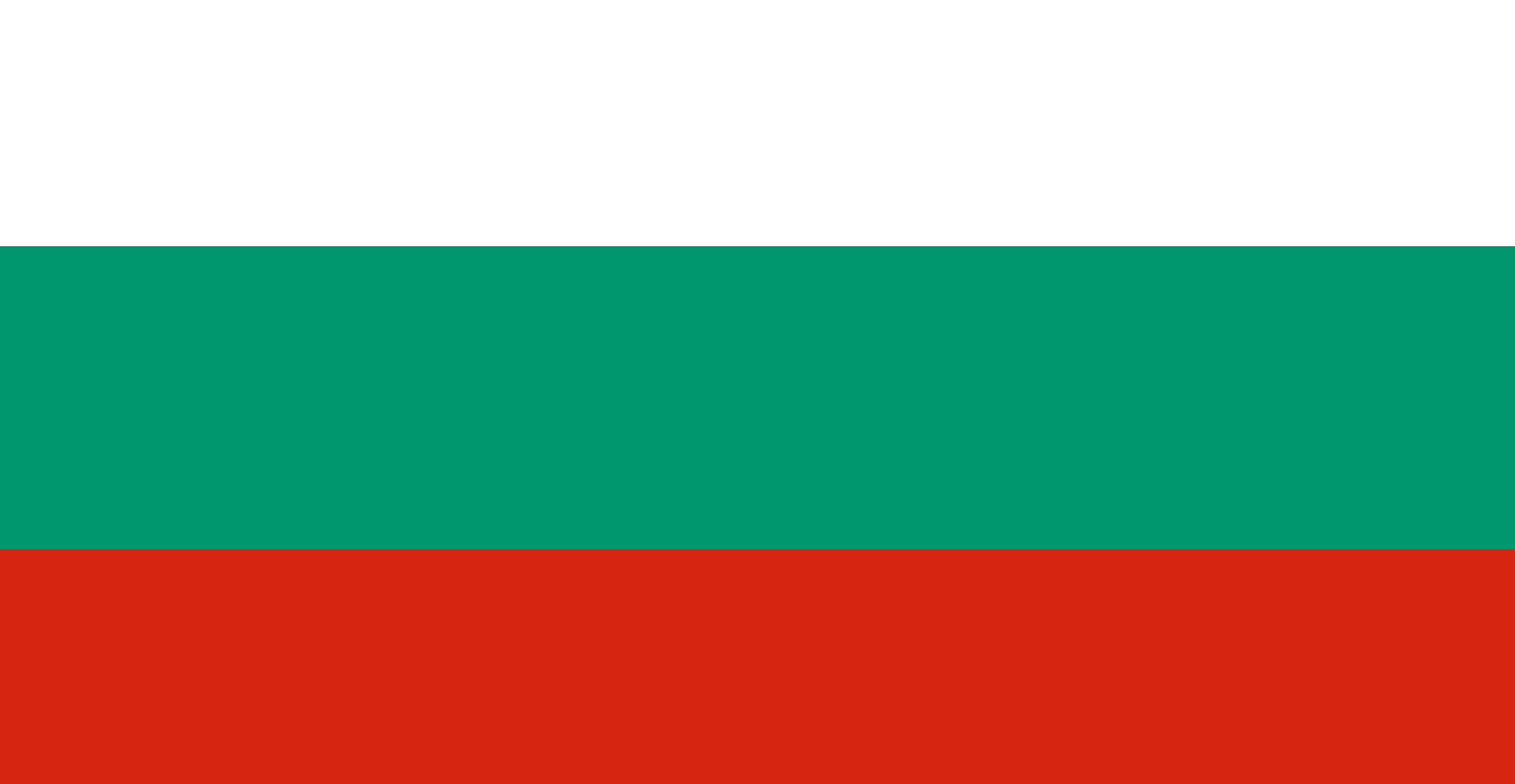Russian incursions into Ukraine have many people saying that the realpolitik of the Cold War has returned to the global stage. After a brief lull during the 1990s, and thanks in part to the sultry Russian President Vladimir Putin, territorial claims in Eastern Europe have prompted the escalation of sanctions between Russia and the West and general animosity between Russian and European Union politicians. One crucial difference between the Cold War and now, of course, is the role played by former Soviet satellite states and peripheral member republics. For example, let’s take a look at Bulgaria.
Bulgaria is excellent proof of how political allegiance to the West is marred by economic ties to Russia that limit de facto independence from Moscow. Bulgaria houses the most US military bases out of all the countries in Eastern Europe combined. Some claim that the United States has established Bulgaria as a trading partner for weapons, as well as a launch pad for further missions in the region.
Bulgaria’s increased cooperation with NATO has not sat well with the entire country. The nationalist Attack Party has declared its support for Russian action in Ukraine and generally mistrusts the global leadership of the United States. While the center-right GERB party just won a plurality in Bulgaria’s parliament on October 5th – on the platform of increased European Union integration – it is worth noting that there is no monolithic voice of Bulgaria. While 30 percent of Bulgarians support Ukraine’s EU membership, 27 percent support Ukraine integrating tighter toward Russia and only 10 percent support toughening EU sanctions against Russia. This might reflect mixed feelings in Bulgaria toward Russia’s general leadership.
That said, Bulgaria does present an opportunity for the United States to extend its influence throughout the former Soviet Union and undercut Russia’s regional status. Bulgaria’s past relations with Moscow include a satellite status to the Soviet Union. Undoubtedly, the broad historical trend has been a move toward integrating with the West.
One issue with Bulgaria’s shifting alliance, however, is that its current economy is directly tied to and dependent on Russia. Bulgaria is highly susceptible to the effects of shocks from Russia, as it is 89 percent dependent. During the Gas Wars of 2009, Bulgaria’s economy was severely impacted. Ilian Vassilev, Bulgaria’s former ambassador to Russia, alleged that Russia’s high prices are detrimental to the competitiveness of many local industries. Russia has further closed in on the local gas market by purchasing Bulgargas, a state-owned Bulgarian gas company. And after the failure of the EU-led Nabucco Pipeline, it doesn’t look like Bulgaria’s energy future will stray away from Russia.
Bulgaria’s top export is refined petroleum, and Russia is the Bulgaria’s biggest client, receiving 15 percent of the fuel. Inflows of foreign direct investment from Russia slowed to Bulgaria as a result of added risks companies felt after the Ukraine Crisis, as predictions for Russian FDI included shrinkage by 50 percent. The negative consequences of sanctions on Russia’s economy directly impact Bulgaria.
In other words, Bulgaria cannot take a stand against Russia and effectively show solidarity with Ukraine or Europe, as long as economic downturn in Russia will debilitate its own economy. Not only do oil politics give Russia regional economic leverage, they are additionally troublesome because of the overtly political nature of Russia’s top companies. For instance, KPMG, a prominent consulting firm with networks in Russia, reports that in 2006, Russia forced Shell to reduce its share in a field in Russia from 55 percent to 27.5 percent for USD $7.5 billion, “which was considered deeply below market value.” The overtly political nature of this response to an American company’s movement into Russia signals something more worrisome — that a Russian-government-controlled Gazprom reaching into Bulgaria and other countries will bring with it the politics of the Putin regime.The prospect of Russian dominance should warrant a restructuring and serious re-orientation of Bulgaria’s energy source issues, as well as the establishment of an economy that can function without such a pivotal role of Russian enterprise. Of course, diversification is easier said than done, but it would, in theory, bring market competition, non-energy focused sources of growth and a higher level of economic independence that would allow for an increased agency in geopolitical conflicts.
The United States does not want to lose Bulgaria or any other NATO allies proximate to Russia. As long as countries in the region face concerns about a continued Russian expansion, the United States will aim to back up its NATO commitments, if it is to retain its credibility as a global leader. Failure to do so would demonstrate weakness in the face of Russia’s incursion into Ukraine.
In short, if the United States and European Union are to guide Bulgaria and other eastern European countries away from Putin and the Kremlin Crew, they’re going to need to focus on long-term economic change that will diversify the region’s economies and reduce the influence of Russian oil. Ambitious? Absolutely. Neo-imperialist? Probably, but that has not typically weighed too heavily on the conscience of US geopolitical strategy. But such a move is what Europe and the United States will need to accomplish if they want to break Russia’s hold on the region.
